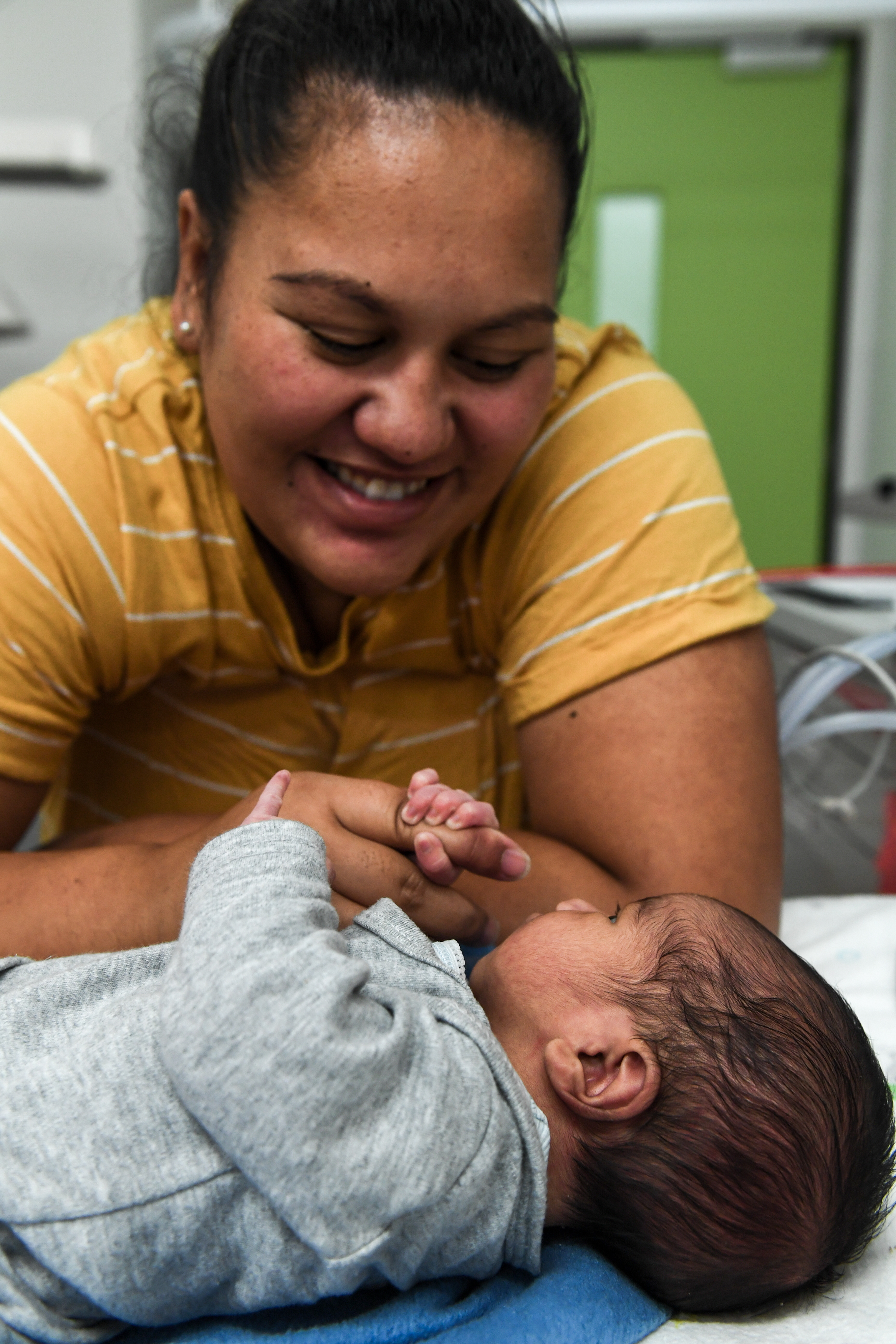 A crucial step in providing culturally safe and sensitive maternity care is ensuring First Nation families are identified earlier in their healthcare journey.
A crucial step in providing culturally safe and sensitive maternity care is ensuring First Nation families are identified earlier in their healthcare journey.
Almost 90 per cent of Aboriginal and Torres Strait Islander mothers and babies are currently being identified in Victorian maternity services, however, a recent study across three maternity services in Melbourne found that there is still room for improvement.
The research findings extend on the award-winning Baggarrook Yurrongi program, a multi-site research partnership between the Victorian Aboriginal community Controlled Organisation in partnership with Western Health, Royal Women’s Hospital and the Mercy Hospital for Women.
The Galinjera Maternity Program at Western Health is a proud partner in the program.
It provides culturally safe and sensitive maternity care where women have ‘continuity of care’ provided by a midwife before, during and after birth.
This type of maternity care has been shown to improve the health outcomes and experiences of First Nations families.
The latest study, led by La Trobe University and the Victorian Aboriginal Community Controlled Organisation in partnership with Western Health, Royal Women’s and the Mercy Hospital for Women, examined the accuracy of the identification of First Nations mothers.
It found:
Across three maternity services 14 per cent of First Nations women were not identified as First Nations women at the beginning of pregnancy.
Approximately 11 per cent of First Nations babies were missed in the birth data for the state-wide Perinatal Data Collection Unit, which reports on outcomes for all mothers and babies in Victoria.
Consistent data entry was identified as an issue, but it has now been rectified at all three maternity services.
Western Health Aboriginal Cultural Safety Officer and paper co-author Tanya Druce said early and accurate identification of First Nations families can help address the health inequities.
“Knowing when and how to ask and record a person’s First Nations status is considered an essential first step in providing timely and appropriate care and continuing to grow culturally appropriate health services,” she said.
You can read the article in the Australian and New Zealand Journal of Obstetrics and Gynaecology here.
